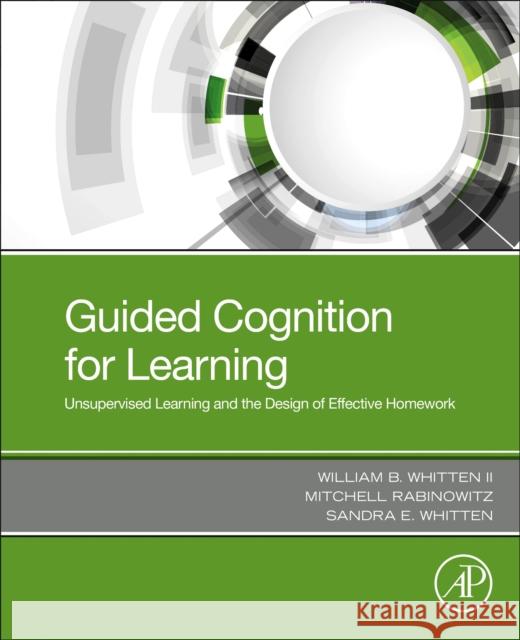Guided Cognition for Learning: Unsupervised Learning and the Design of Effective Homework » książka
topmenu
Guided Cognition for Learning: Unsupervised Learning and the Design of Effective Homework
ISBN-13: 9780128175385 / Angielski / Miękka / 2019 / 218 str.
Kategorie:
Kategorie BISAC:
Wydawca:
Academic Press
Język:
Angielski
ISBN-13:
9780128175385
Rok wydania:
2019
Ilość stron:
218
Waga:
0.43 kg
Wymiary:
23.37 x 18.8 x 1.27
Oprawa:
Miękka
Wolumenów:
01











